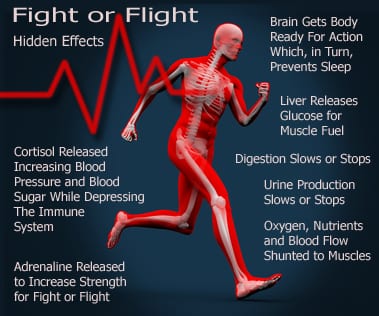As the Leaving and Junior Cert exams quickly approach, it is important to consider the effect that exam stress will have on your diabetes. As you plan for the exams with study etc, also plan for how to manage blood glucose levels during exam time to ensure that you perform to the best of your ability and get the results that you deserve.
In the lead up to exams, there are many things that will contribute to erratic blood glucose levels.
- During your study sessions, you may be less physically active and this may cause your blood glucose levels to be higher.
- You may be someone who likes to snack while studying possibly raising blood glucose levels or perhaps anxiety and nerves put you off eating causing you to have hypos.
It is a good idea to take regular breaks from study and eat healthily and take regular physical activity as this can improve your energy levels, as well as help to control stress levels.
Tip 1 Take regular breaks & Move More
Discuss ways that you can manage your blood glucose levels with your diabetes healthcare team so they can offer advice. Consider speaking to your dietitian to discuss suitable snacks for study time. It might also be helpful to reflect on the effect that the mock exams had on your blood glucose levels to help you put a plan in place for the days of the exams.
Stress and blood glucose levels
During times of stress the body goes into a ‘fight or flight mode’ as it prepares to escape danger. The body responds to stress by moving stores of glucose in the muscles and liver into the blood so that the glucose is available to the cells should it be needed.
In those with Type 1 diabetes insulin is not always available to help move this glucose from the blood into the cells and it builds up in the bloodstream. This is why blood glucose levels are often higher during times of stress.
Tip 2 Increase Glucose Checks
Prior to an exam, your diabetes might be the last thing on your mind but doing a few extra blood glucose checks to ensure that they are on track will put you in the best position to focus going into the exam. High blood glucose levels can cause thirst and more frequent trips to the toilet. It can also make it more difficult to concentrate. Hypos can affect your decision making, problem-solving abilities and the speed of your reactions.
Tip 3 Remind your School
In the month before your state exam, remind the school to ensure they have made arrangements i.e. a letter to the exam supervisor written by a school employee with responsibility for overseeing the state exams stating you have diabetes and need to bring your meter, insulin, hypo treatment, snacks and water into the exam and state you may need additional bathroom breaks. Choose suitable snacks that you can eat quickly and quietly.
All schools have a duty “if you need to take medicine, food or drink because of a medical condition into the exam, this will be allowed. Also, the school can make arrangements to ensure your privacy if needed (such as for insulin injections)” (RACE guidelines)
Tip 4 Know what you Can Ask for during exams
If you need to treat a high or a low blood glucose during the exam it is important to inform the exam invigilator. It is possible for you to take a supervised rest break (no more than 20 minutes which is added to the end of exam time) if necessary.
The RACE guidelines also state that if a student needs to take a break for medical attention it is possible:
“If you are injured or become very ill during an examination, the examination time can be suspended while you receive medical attention. The time you miss can be made up at the end of the examination. You must be supervised by a member of school staff at all times during the break”
Tip 5 Plan for your Diabetes along with your exams
For the past few months you have been planning and revising and you want your exam results to reflect all your hard work. Have a plan for your diabetes during exam days to maximise your performance and give yourself the best chance.
Reasonable accommodations for certificate examination guidelines (RACE). They are available at the following link and are updated annually. https://www.examinations.ie/misc-doc/BI-CA-9514424.pdf
Also see the following information booklet: Diabetes-College-booklet_.pdf




